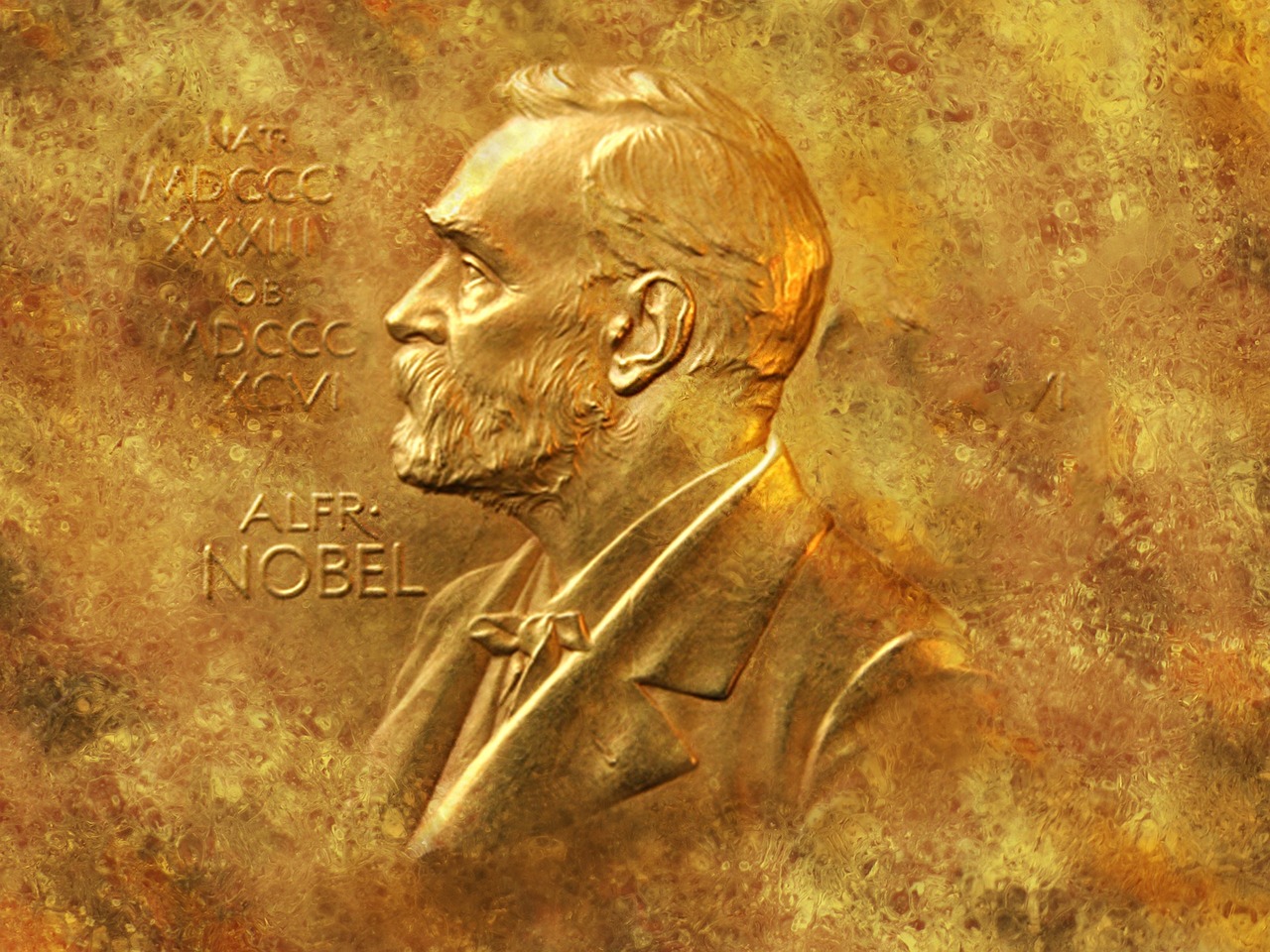The Nobel Prize for Literature was first awarded in 1901, with past winners including novelists, poets and even a singer/songwriter in Bob Dylan. With the 2024 Nobel Prize being awarded in the last month to Han Kang, here are five great book recommendations authored by winners of this prestigious award.
Albert Camus – The Stranger
Originally published in 1942 under the title ‘L’Étranger’, The Stranger (also known as The Outsider) is a 1942 novella which focuses on the character of Meursault, a man who has no capacity for human emotion; he is unable to love, to feel regret or have any sense of morality. With one of the most iconic opening sentences in literature, ‘Mother died today. Or maybe yesterday; I can’t be sure’, The Stranger is a short and accessible read taking place on the coast of Algeria, with a fast-paced narrative tracing the downfall of Meursault due to his unique outlook on life and humanity. Perfect for people interested in philosophical debates and questions, The Stranger is an existentialist story which perfectly encapsulates the work of Camus, who was awarded the Nobel Prize for Literature in 1957 for his literary contributions which, as the Swedish Academy cited, ‘illuminate the problems of the human conscience in our times’.
Gabriel García Márquez- One Hundred Years of Solitude
Widely regarded as one of the greatest novels of all time, One Hundred Years of Solitude, published 1967, is undoubtedly the masterpiece of Gabriel García Márquez’s extensive collection of published works. A cornerstone of the ‘magical realism’ genre, the novel traces the Buendía family as well as the history of the fictional town of Macondo, established by forefather José Arcadio Buendía. Expertly merging aspects of the real world (politics, war and love) with magical elements (plagues of insomnia, ghosts and prophecies), One Hundred Years of Solitude is an admittedly dense yet very rewarding experience, which contains some of the most vivid, beautiful and creative passages of writing I’ve ever read. It’s an incredible book which clearly explains why Gabriel García Márquez was later awarded the Nobel Prize for Literature later in 1987.
Toni Morrison- Beloved
Toni Morrison is one of the most celebrated and significant writers in American history, publishing 11 novels, all which place major focus on race, identity and the experience of being black in America. Along with winning the Nobel Prize for Literature in 1993, Toni Morrison was also awarded the Presidential Medal of Freedom in 2012, the highest civilian honour in the US. Beloved, her most well-known novel, further won the Pulitzer Prize upon publication in 1987; and it’s clear to see why. Addressing the trauma caused by slavery, Beloved focuses on Sethe, a woman escaped from slavery, yet haunted by the ghost of her dead daughter, named simply Beloved. In equal parts moving and horrific, through an examination of numerous characters impacted by slavery, Beloved demonstrates with brutal starkness how slavery and its impact reached infinitely further than emancipation itself. It’s a hard read and took me a long time to get through, but this is one which is definitely worth it, and essential for anyone wanting to understand more about slavery in the US.
Kazuo Ishiguro- The Remains of the Day
One of my favourite writers, Kazuo Ishiguro won the Nobel Prize in 2017, with the Swedish Academy acknowledging the ‘great emotional force’ of his novels. The Remains of The Day certainly fits this description with the story of Stevens, a butler entering the latter stages of his life, being one of extreme poignancy and emotion. On the surface, the plot sounds relatively uninteresting, but what starts as a simple story of an old man embarking on a road trip though the English countryside slowly unfurls into a detailed study of regret, love, ageing and missed chances, as Stevens reminisces on his career as a butler in the 1920s and 30s. Ishiguro’s writing is perfect and incredibly subtle, which only serves to make certain moments all the more devastating. Furthermore, the relationship depicted between Stevens and former housekeeper Miss Kenton still stands out to me as one of the most heartbreaking depictions of love I’ve read. I think it’s a perfect book and couldn’t recommend it more.
Han Kang- The Vegetarian
The most recent winner of the Nobel Prize, Han Kang was praised this year for her ‘intense poetic prose that confronts historical traumas and exposes the fragility of human life’. Intense is definitely an accurate way to describe The Vegetarian, a deeply feminist book depicting a Korean woman who, in a singular act of defiance against both her abusive husband and a stiflingly patriarchal Korean society, decides to no longer eat meat. This single act sets in motion a series of increasingly devastating events as the actions of protagonist Yeong-hye become gradually more extreme. Although, for me, the middle section of The Vegetarian does not compare to the first and final sections, this is still a book which offers up interesting ideas surrounding mental illness, depression and exploitation. It is an undeniably unique novel which showcases Han Kang as an extremely creative voice within contemporary literature.
